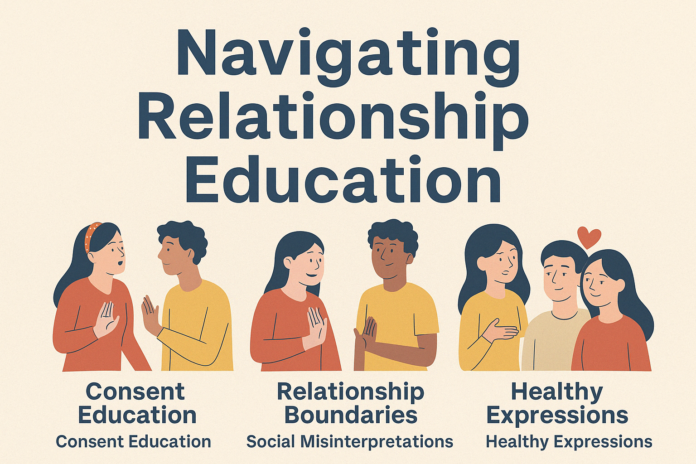Did you know that “autistic people experience disproportionate rates of violence compared to the general population?” This is what was revealed in a study of 2023 entitled “Sexual, physical, and emotional aggression, experienced by autistic vs. non-autistic U.S. college students” by Rothman EF, Heller S, and Graham Holmes L. Another recent study published in the Journal of American College Health also highlighted significant disparities in aggression victimization rates between autistic and non-autistic college students after analyzing data from over 1,400 autistic students and 218,000 non-autistic students across 78 U.S. colleges.
The findings show autistic students face nearly twice the rate of emotional victimization compared to their peers (44% versus 26%). Physical victimization was also more prevalent among autistic students (8.4% versus 5.7%).
Autistic students who experienced sexual assault were more than twice as likely to report that it negatively affected their studies compared to non-autistic students experiencing similar trauma (80.4% versus 36%).
The researchers conclude that higher education institutions should make it a priority to prevent and respond to interpersonal aggression targeting autistic students.
Sexual assault statistics are particularly challenging to determine precisely due to underreporting across all populations, with additional barriers for the ASD community. Relationship Education appears to be a key factor to improve those upsetting trends.
The Importance of Relationship Education
Teaching relationship education to autistic individuals requires a thoughtful, direct, and respectful approach. Topics like consent, healthy boundaries, and social nuances are essential for developing safe and fulfilling connections—yet they are often under-taught. Thankfully, there are free educational programs like Mindwiz, a platform teaching social skills through microlearning experiences to Elementary Schoolers, Middle Schoolers, and Highschool teens and Young adults, to help Autistic individuals approach their specific challenges.
They may face unique challenges with:
- Interpreting social cues
- Understanding relationship roles and expectations
- Navigating complex emotional dynamics
This makes clear, structured guidance essential.
Consent Education and Boundaries Consent is not just about saying “yes” or “no”—it’s about understanding and respecting personal space and comfort. Education should include:
- Verbal and non-verbal signs of consent
- Practicing how to ask and respond respectfully
- Understanding physical and emotional boundaries
Addressing Social Misinterpretations Autistic individuals may:
- Misread intent or tone
- Miss unspoken rules of interaction
- Struggle to recognize manipulation or inappropriate behavior
Clear, real-life examples and role-play can help build awareness and confidence.
Building Social Skills Through Practice Healthy relationship education should cover:
- Starting and maintaining conversations
- Expressing emotions safely
- Identifying different types of relationships (friendship, romantic, family)
Learning should be ongoing and individualized based on a developmental level.
Healthy Expressions and Self-Advocacy Empower individuals to express feelings and needs by:
- Encouraging honest, respectful communication
- Teaching how to seek help when boundaries are crossed
- Reinforcing self-worth and autonomy
Final Thoughts Relationship education is a key part of independence and well-being for autistic individuals. With the right tools, they can build safe, respectful, and meaningful relationships grounded in trust and mutual understanding.
